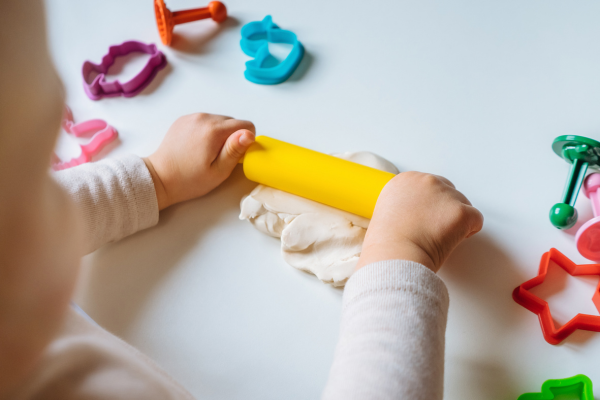Helen Borg is a senior midwife and infant feeding specialist who heads up the drop-in breastfeeding clinic at Mater Dei hospital. As mentioned in the series intro, Helen will cover common issues that can arise when feeding your newborn, giving professional advice and reassurance to help make your journey run smooth.
![]()
Q. Breast engorgement. What causes it and how can you relieve it?
A. Engorgement is actually a natural part of pregnancy, so even women who don’t breastfeed will experience it at some level. But there’s can be a big difference in the severity. When there’s been no stimulation, for example, engorgement tends to be quite mild. It will feel uncomfortable for a couple of days and then it will dwindle away.
 On the other hand, when you’re stimulating the breasts, that’s when you can get the full-blown engorgement. The level to which the severity manifests itself depends a lot on how the breasts have been stimulated. Engorgement can become more extreme if you haven’t managed breastfeeding effectively. For instance, if you’ve been supplementing your feeding with formula and therefore the breasts aren’t being emptied sufficiently enough, the engorgement can be much worse.
On the other hand, when you’re stimulating the breasts, that’s when you can get the full-blown engorgement. The level to which the severity manifests itself depends a lot on how the breasts have been stimulated. Engorgement can become more extreme if you haven’t managed breastfeeding effectively. For instance, if you’ve been supplementing your feeding with formula and therefore the breasts aren’t being emptied sufficiently enough, the engorgement can be much worse.
Another factor that can contribute to engorgement is fluid retention. So, you have this excess fluid from pregnancy that your body doesn’t need any longer. At the same time, your breasts are telling the body “I need fluid, give it to me”, so your body sends all the excess fluid to the breasts. As a result, you end up with breasts that are already engorged with milk made worse by fluid retention, and that situation is particularly uncomfortable.
One way to identify fluid retention is if, after using a breast pump, there is mark left where the pump was. That indentation of the skin is a sign of fluid retention in the breast tissue.
In terms of relieving engorgement, expressing the milk will help, but then you soon feel uncomfortable again because you can’t get rid of the fluid just from emptying the breast once. It’s a regular working of the breast that will help you to get over it quicker. If you’re supplementing with formula because the baby’s not feeding that well on the breast, it’s going to take much longer for the engorgement to clear.
 There’s some misinformation going around that you shouldn’t use a breast pump for the first three weeks. If everything is smooth sailing, then that’s fine, but if you’re experiencing engorgement, waking up the middle of the night to feed your baby and then you can’t get back to sleep because you feel like the other breast is going to explode, then by all means express until you are comfortable! You can then freeze that excess milk to use when you’re out and about on those occasions when breastfeeding perhaps isn’t so practical.
There’s some misinformation going around that you shouldn’t use a breast pump for the first three weeks. If everything is smooth sailing, then that’s fine, but if you’re experiencing engorgement, waking up the middle of the night to feed your baby and then you can’t get back to sleep because you feel like the other breast is going to explode, then by all means express until you are comfortable! You can then freeze that excess milk to use when you’re out and about on those occasions when breastfeeding perhaps isn’t so practical.
Ultimately, good management will help prevent engorgement from being too uncomfortable. I know it’s a big shock to the system and you’ll be thinking “How can I do this? I can’t continue like this” – but it is temporary. There really are no shortcuts, new mothers are going to be uncomfortable for a few days, but trust that it will go away.
The most important thing to remember is that engorgement is a sign that everything is working as it should be!
![]()
When it comes to spare equipment for new mums, the breastfeeding clinic relies on donations, so if you have any of the following that you no longer need, you can drop them off at the clinic where they will be gratefully received!
-Breast pumps
-Small nipple shields
-Milk storage bags or containers
-Breast pads
If you find yourself struggling or looking for additional advice, don’t hesitate to contact the breastfeeding clinic at Mater Dei hospital.



